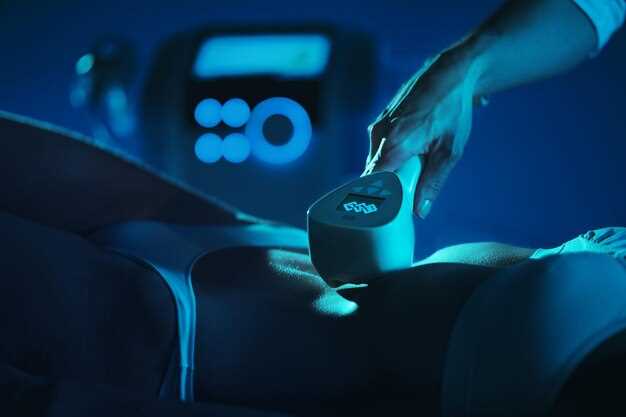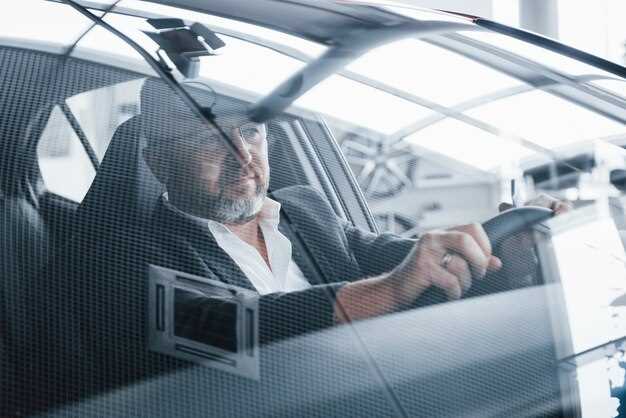
Toyota has long been a pioneer in the field of hybrid technology, setting the standard for automotive innovations that prioritize efficiency and sustainability. As the world increasingly turns its focus towards eco-friendly transportation, Toyota’s commitment to hybrid systems positions it as a leader in the industry. The company’s continuous investment in research and development has resulted in groundbreaking advancements that not only enhance vehicle performance but also significantly reduce environmental impact.
The introduction of the Toyota Prius in the late 1990s marked a revolutionary moment in the automotive world, showcasing the potential of hybrid technology to combine the benefits of an internal combustion engine with those of an electric motor. This innovative approach not only improved fuel economy but also paved the way for a new generation of vehicles that align with the growing demand for cleaner alternatives. Toyota’s forward-thinking strategies have since expanded beyond the Prius, influencing a broad range of vehicles designed for various consumer needs.
Today, Toyota continues to lead in hybrid technology, with an expanding lineup that includes sedans, SUVs, and even trucks, demonstrating their versatility and commitment to sustainability. The company’s efforts are not just limited to passenger vehicles; they also explore hybrid solutions for commercial vehicles and public transportation. As the automotive landscape evolves, Toyota remains dedicated to shaping the future of mobility through innovative and efficient hybrid technology.
Exploring the Development of Toyota’s Hybrid Synergy Drive
Toyota has been a pioneer in the automotive industry, particularly in hybrid technology innovations, with its Hybrid Synergy Drive (HSD) system exemplifying this leadership. HSD represents a significant step forward in the development of environmentally friendly vehicles, combining a gasoline engine with electric motors to optimize fuel efficiency and reduce emissions.
The evolution of the Hybrid Synergy Drive began in the late 20th century, with Toyota’s commitment to sustainability driving research and development efforts. In 1997, the first generation of the Toyota Prius was launched, introducing the world to the practicality and efficiency of hybrid vehicles. This innovative approach gained widespread recognition, marking Toyota as the leader in hybrid technology.
One of the key innovations of the HSD is its ability to seamlessly switch between electric and gasoline power, depending on driving conditions. This dynamic system not only improves fuel economy but also enhances the overall driving experience by providing smooth acceleration and performance. The synergy between the internal combustion engine and electric motors allows for regenerative braking, capturing energy that would otherwise be lost.
Over the years, Toyota has continuously refined the Hybrid Synergy Drive, incorporating advanced technologies such as improved battery efficiency and smarter energy management systems. The latest iterations demonstrate Toyota’s dedication to innovation, featuring lighter materials and more compact designs while maintaining high levels of reliability and performance.
In conclusion, the development of Toyota’s Hybrid Synergy Drive showcases the company’s relentless pursuit of innovation in hybrid technology. This system not only redefines the concept of fuel efficiency but also sets a standard for the future of sustainable automotive solutions.
Key Innovations in Battery Technology for Hybrid Vehicles

Toyota has been at the forefront of innovations in battery technology, significantly enhancing the performance and efficiency of hybrid vehicles. One of the key breakthroughs has been the development of nickel-metal hydride (NiMH) batteries, which offer a balanced solution between energy density and durability. These batteries have been instrumental in the early success of Toyota’s hybrid models, providing reliable power while minimizing environmental impact.
Another major advancement is the transition to lithium-ion (Li-ion) batteries. Toyota’s focus on Li-ion technology has enabled higher energy densities, which translates to longer driving ranges and reduced charging times. The company continually optimizes its battery management systems to enhance safety and longevity, ensuring that these innovations meet the increasing demands of modern consumers.
Additionally, Toyota is pioneering solid-state battery technology, which promises to revolutionize the industry. Solid-state batteries provide enhanced energy efficiency and safety compared to traditional liquid electrolyte batteries. This innovation holds the potential to further elevate hybrid vehicles by offering even greater energy density and faster charging capabilities.
Through these advancements, Toyota demonstrates its commitment to leading the market in hybrid technology, continually pushing the boundaries of what is possible in battery performance and vehicle efficiency. These innovations not only enhance the driving experience but also contribute to a more sustainable future in transportation.
Future Trends: Toyota’s Next Steps in Hybrid Technology

Toyota continues to be a frontrunner in hybrid technology, and the future holds exciting advancements for the company. As environmental concerns rise and regulations tighten, Toyota is investing significantly in refining hybrid systems to enhance fuel efficiency and reduce emissions.
One of the key trends is the integration of artificial intelligence (AI) into hybrid technology. AI can optimize energy management systems, allowing vehicles to seamlessly shift between electric and gasoline power. This technology aims to improve overall performance and offer a more responsive driving experience.
Another area of focus for Toyota is the development of next-generation batteries. Innovations in battery technology, such as solid-state batteries, promise increased energy density and faster charging times. This would provide hybrid vehicles with even greater electric-only ranges and improve overall efficiency.
Toyota is also exploring more regenerative braking techniques to recover energy during deceleration. Enhancing this capability will allow hybrids to use energy more effectively, contributing to a significant reduction in fuel consumption.
The company is looking into carbon-neutral future by further expanding its hybrid lineup with more eco-friendly materials and manufacturing processes. This commitment to sustainability reflects Toyota’s dedication to reducing the environmental impact of its vehicles.
Finally, Toyota is likely to continue collaborations with tech companies and researchers to drive innovation. By leveraging external expertise, Toyota can accelerate the development and adoption of advanced hybrid technologies, solidifying its leadership position in the automotive industry.
